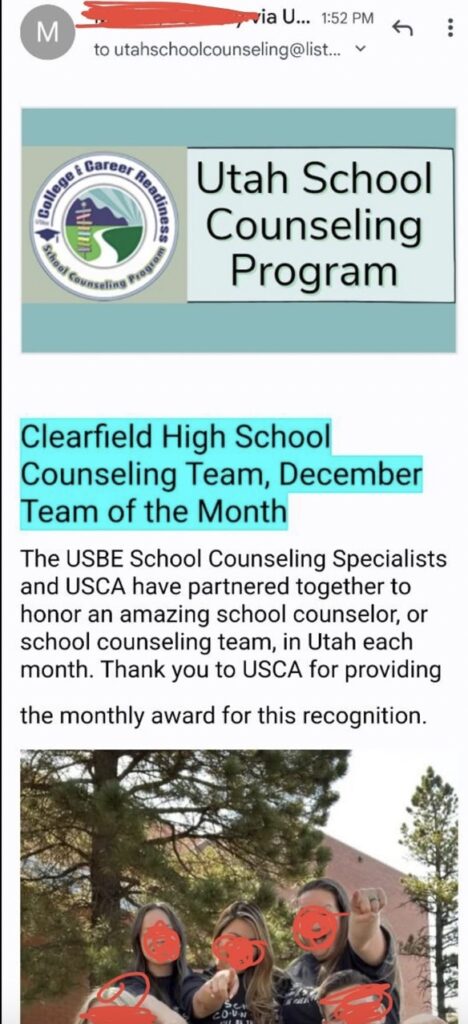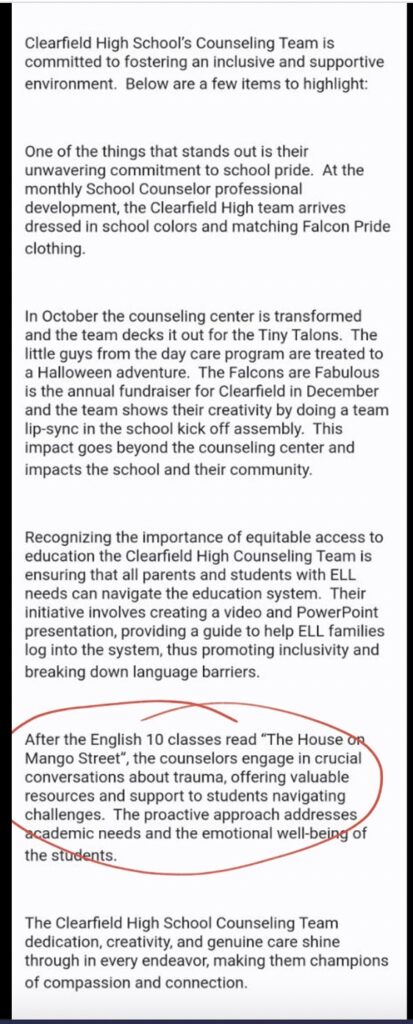Looking at some of the decisions and practices in public schools, I’m not surprised by the mental health challenges some students are now experiencing. There have been calls for action because of the mental health problems many of our post-COVID students face.
But can some of this be avoided?
We already know that schools are ramping up their efforts to assess and treat the mental health of students. This has already created a number of problems when it comes to sharing personal mental health information on students. We also know that the school shutdowns and forced masks in schools added to the decline in their mental health.
Looking at some of the books that are offered to children in school can certainly add to a child’s depression or feelings of anxiety. Books with dark topics that revisit a traumatic experience can further exacerbate negative feelings in a child.
But what if their school is purposely creating these mental health problems for the children while they attend school? It might surprise parents that this kind of practice has already begun in some schools.
Education researcher Natalie Cline reported on her Facebook account:
Trauma-informed teaching means inflicting or triggering psycholigical trauma on the whole class so school counselors, social workers, and psychologists can then be brought in to deepen the trauma with their “trauma-informed” and trauma-inducing treatment interventions. This is how schools normalize and elevate non-teachers taking center-stage in classrooms and is how schools are creating a universalized student-to-patient pipeline for mental health services. It’s a business model much like when Planned Parenthood is brought in to teach students strategies for reducing sexual risk (as opposed to AVOIDING risky behaviors altogether) and then telling students that when something goes wrong Planned Parenthood will be there to “help” them with all their sexual and reproductive needs.
Cline goes on to report (edited for length)
Check out how Utah school counselors are being encouraged to coordinate with teachers to intentionally read disturbing books in class, like The House on Mango Street, so that counselors can then be invited in to do group therapy with the traumatized class.
A concerned parent received this email from a teacher in DSD and understandably does NOT want her child participating in this book discussion. The House on Mango Street is a disgusting book that no kid should be required to read and discuss.
Here is what the email says:
“In our English 10 class, we are nearly finished reading a coming-of-age novel, The House on Mango Street. I want to make you aware that our class readings and discussions on Monday and Tuesday (May 8th and May 9th) will include very sensitive topics, including rape, sexual assault, trauma, depression, and suicide ideation. The counselors will join us and will make sure students have access to resources that can help them in these or other situations they may encounter. Please have discussions with your teen as you see appropriate.
===============================================================
The people who want to play “psychology” in school are not educated or trained to treat a child’s mental health trauma. This is pseudo-psychology, where children are being used as experiments in this dangerous game.
This is why parents are encouraged to seek mental health assessments and treatment outside the school system. Parents should use extreme caution when allowing their child to speak to a school counselor or school psychologist. Parents have also begun opting their children out of SEL /Social and Emotional Learning in school. This is another way to bring psychological treatment from people who do not have the proper education or clinical training in to the classroom.
There are examples of dangerous situations in public schools where they crossed the line into dangerous psychological practices. Creating trauma in order to treat trauma should tell you just how dangerous this can be.


